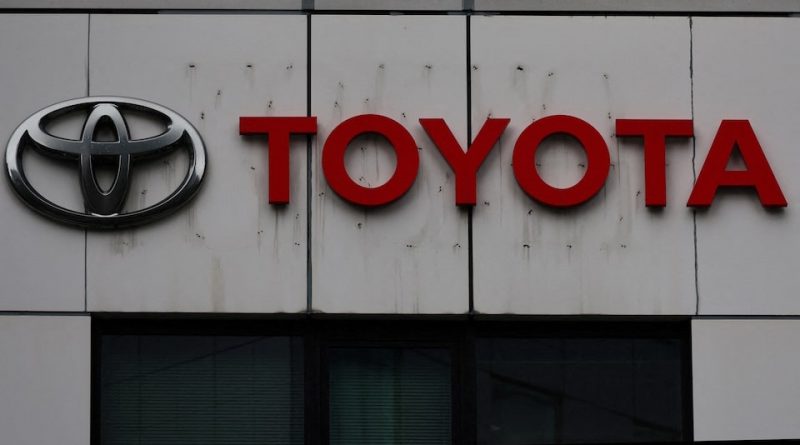Toyota and Honda Drive India’s Rise as a Global Car Manufacturing Hub
Tokyo – Japan’s leading automakers Toyota, Honda, and Suzuki are steering India toward becoming a global automotive manufacturing hub. These companies are collectively investing billions of dollars in new plants and products, strengthening India’s position as a vital center for car production. The shift reflects a growing confidence in India’s economic stability, manufacturing potential, and supportive business environment.
The move marks a strategic pivot from China, as global manufacturers diversify supply chains to minimize risks and enhance resilience. India’s competitive labor costs, expanding consumer base, and government incentives have made it an attractive alternative for foreign investors. With its robust infrastructure and skilled workforce, India is emerging as a key location for automobile exports.
Toyota, the world’s largest carmaker, and Suzuki, India’s leading automaker by market share, have together committed around $11 billion to expand their production and export capacities. Honda has also identified India as a major base for future electric vehicle production, positioning the country at the forefront of the transition toward sustainable mobility.
India’s automotive market, already the world’s third-largest, offers immense growth potential. Rising incomes, urbanization, and an expanding middle class continue to fuel demand for new vehicles. At the same time, the government’s policies encouraging local manufacturing and clean energy vehicles are driving long-term industry growth.
Toyota has adopted a localized production approach, focusing on hybrid and fuel-efficient models designed specifically for Indian consumers. The company plans to launch 15 new or refreshed models by the end of the decade and expand its presence in rural areas. This localized strategy reflects Toyota’s recognition of India’s unique market needs and its ambition to increase its market share to 10%.
In recent years, Japanese investment in India’s transport sector has grown substantially. Between 2021 and 2024, Japan’s direct investment in Indian automotive projects rose more than sevenfold. Meanwhile, investment in China’s transport sector declined, signaling a clear shift in focus toward India. This transition highlights Japan’s growing trust in India’s industrial ecosystem and its potential for long-term returns.
Honda, a strong player in India’s two-wheeler market, is now accelerating its four-wheeler operations. The company plans to make India a central production and export base for its upcoming line of electric cars. Beginning in 2027, one of Honda’s “Zero Series” electric vehicles will be produced in India and exported to Japan and other Asian markets.
Suzuki, through its Indian subsidiary Maruti Suzuki, continues to dominate the domestic market while expanding its export reach. With an $8 billion investment plan, Suzuki aims to increase production capacity from 2.5 million to 4 million cars annually. This expansion strengthens India’s position as Suzuki’s global manufacturing hub and reinforces its contribution to global exports.
Government support has also played a key role in attracting foreign automakers. Incentive programs and policies promoting domestic manufacturing have created a favorable environment for international investors. India’s restrictions on Chinese investments have further opened opportunities for Japanese manufacturers to strengthen their presence without facing excessive competition.
The country’s annual car output reached nearly five million units last year, with close to 800,000 vehicles exported worldwide. Exports grew 15% from the previous year, underscoring India’s growing importance in global supply chains. Japanese automakers are leveraging this momentum to enhance cost efficiency and expand their international footprint.
India’s automotive success story is also driven by local players such as Tata Motors and Mahindra & Mahindra, whose innovation and competition have elevated industry standards. The entry of Japanese automakers into deeper collaborations with Indian suppliers has further improved manufacturing quality and technological advancement.
As Toyota, Honda, and Suzuki deepen their investments, India’s role in the global auto industry continues to evolve. The nation is no longer seen as merely a growing consumer market but as a reliable and strategic production hub for the future of mobility. With a combination of policy support, industrial capability, and rising consumer demand, India stands at the forefront of a new era in automotive manufacturing.



